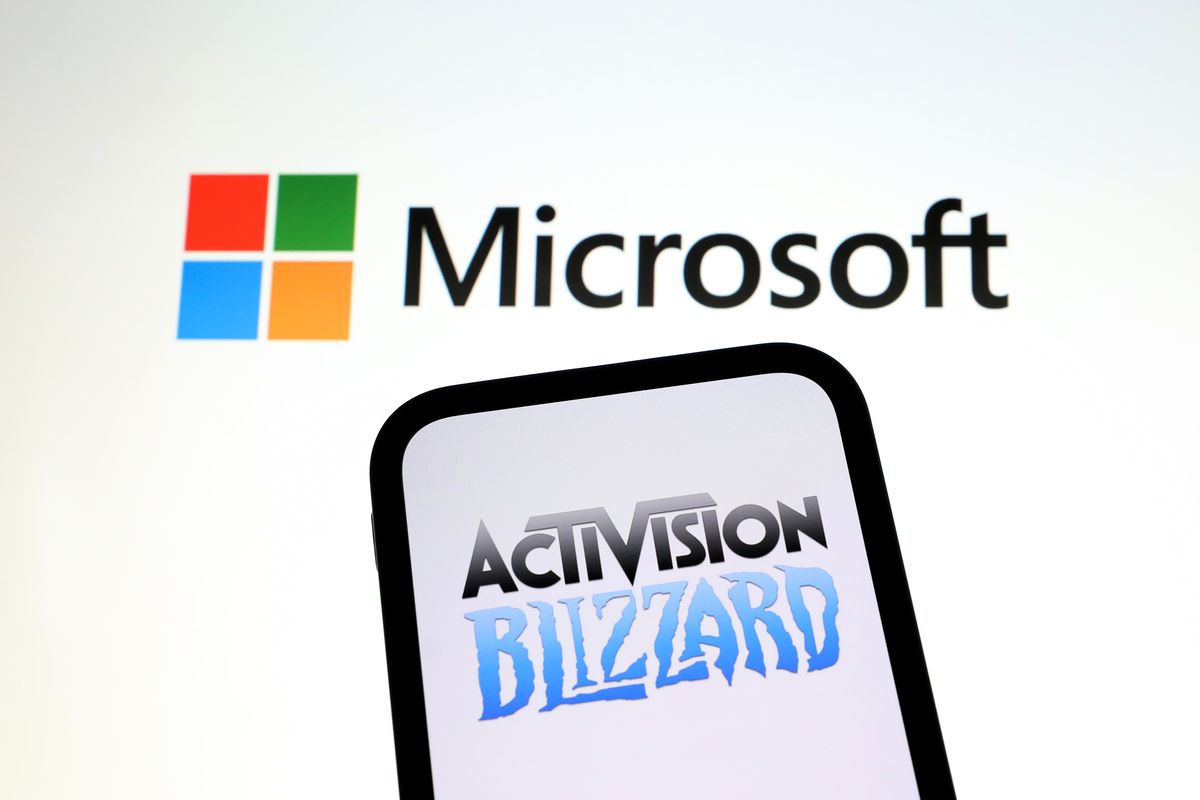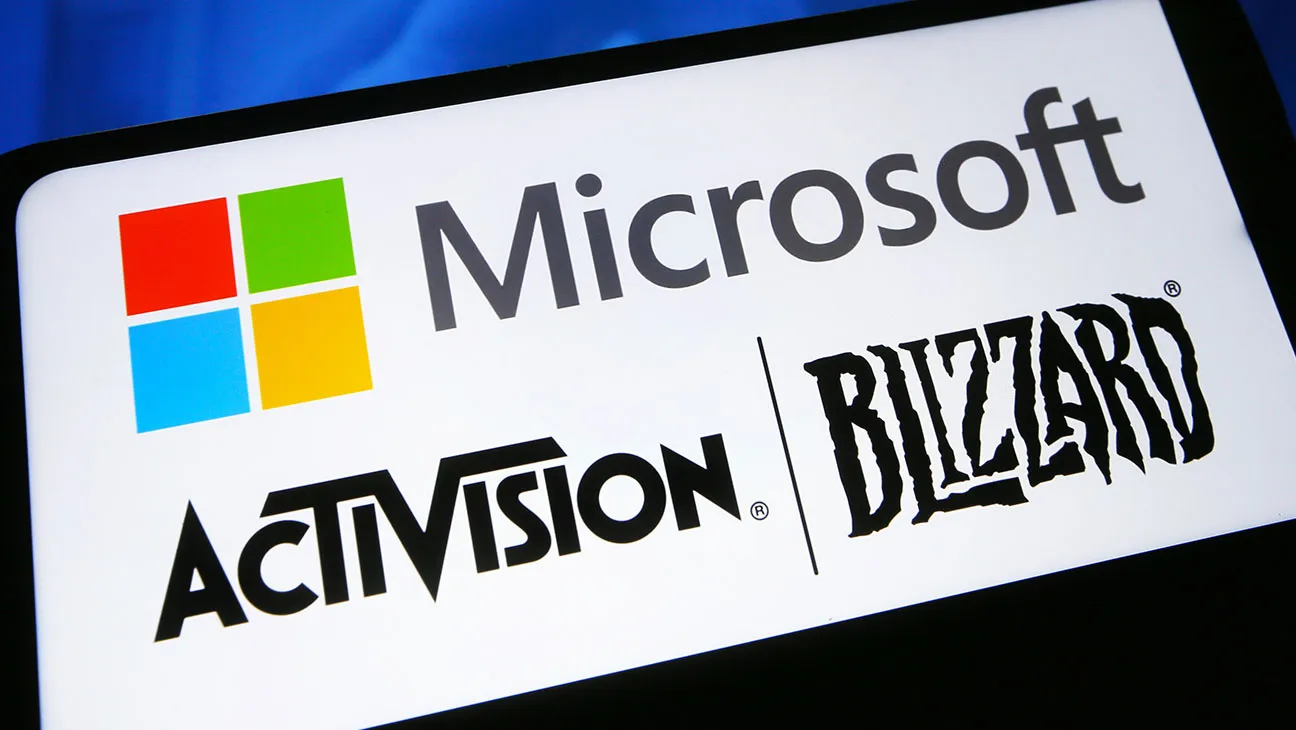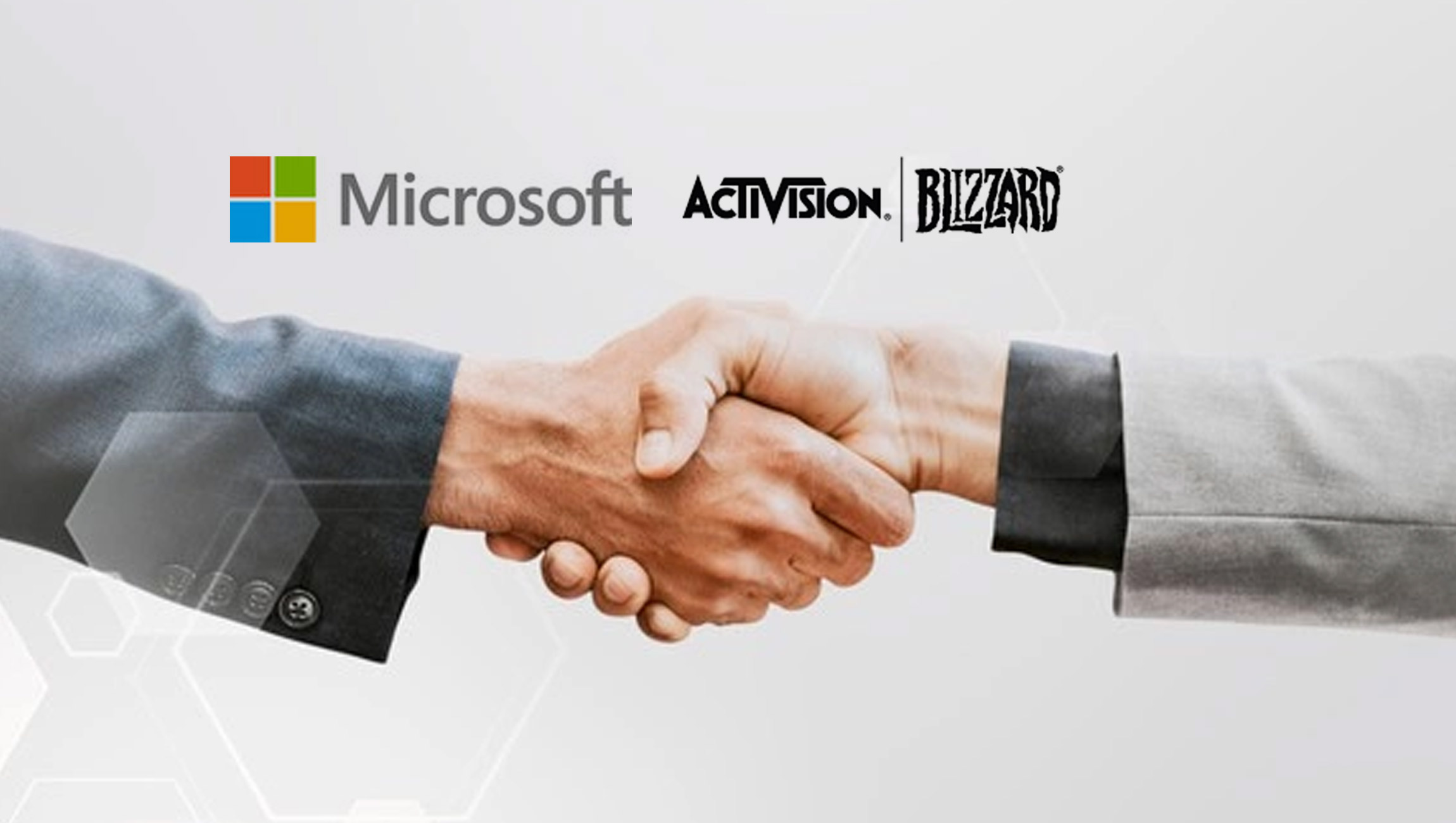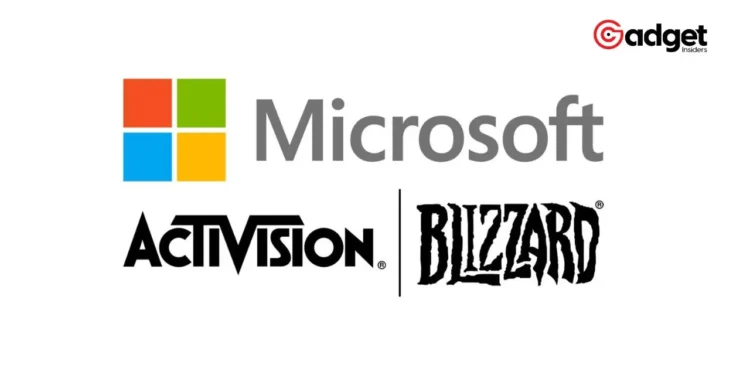In a recent revelation from Microsoft’s Q3 earnings report for fiscal 2024, the company announced a significant 51% increase in Xbox gaming segment revenue, totaling an impressive $5.45 billion.
This record-breaking quarter for the Xbox gaming segment was largely fueled by its acquisition of Activision Blizzard, a major player known for its popular games and the King digital entertainment platform.
While this spike paints a picture of robust growth, the details suggest a more nuanced reality beneath the surface.

Analyzing the Numbers: The Real Growth Behind the Headlines
The reported increase in Microsoft’s gaming revenue, while eye-catching, primarily reflects the addition of Activision Blizzard’s substantial contributions.
When dissected, the revenue boost attributed to Xbox content and services, excluding Activision Blizzard, reveals a slight decline of 4% year-over-year. This trend was mirrored in the hardware sector, where revenue fell by 31% due to decreased console sales.
Xbox's Gaming Revenue Is Up 51% YoY Following Activision Blizzard Acquisition https://t.co/jKZ44dNHMQ #Repost #Xbox #Microsoft #ActivisionBlizzard #XboxSeriesX #XboxSeriesS #XboxGamePass
— Pure Xbox (@purexbox) April 26, 2024
Despite these figures, the acquisition’s influence extends beyond simple revenue metrics. Microsoft’s More Personal Computing division, which encompasses the gaming segment, saw operating expenses soar by 41%, with the bulk of this increase stemming from the integration of Activision Blizzard.
This uptick in expenses covers various sectors including research and development, sales, and general administrative costs, underscoring the substantial financial commitment Microsoft has made in its acquisition.
Future Outlook: Steady Growth Amid Challenges
Looking ahead, Microsoft remains optimistic about the gaming division’s prospects. In an update from the earnings call, projections for the coming quarter suggest continued growth in gaming sales, expected to hover in the low-to-mid 40s percentage range, with Activision Blizzard contributing significantly to this upward trend.
However, the hardware segment is anticipated to experience another decline, reflecting ongoing challenges in the console market.

Xbox: Strategic Moves and Market Implications
The strategic acquisition of Activision Blizzard by Microsoft represents a deliberate move to bolster its gaming ecosystem and enhance its competitive edge in a fiercely contested market. The initial financial outlay of $69 billion is just a part of the ongoing investment Microsoft is channeling into its gaming segment.
As the industry watches closely, the long-term value of this acquisition will be a key indicator of Microsoft’s ability to leverage its expansive gaming portfolio to drive sustained growth.
In a related development, Blizzard Entertainment announced the cancellation of BlizzCon 2024, a decision influenced by recent cost-cutting measures across Xbox operations, including significant layoffs. These adjustments reflect the broader strategic realignments Microsoft is undertaking within its gaming division to streamline operations and focus on core growth areas.

Microsoft: A Balancing Act Between Growth and Integration
Microsoft’s latest financial performance highlights the transformative impact of its Activision Blizzard acquisition on its gaming revenue. However, the true measure of success will be how well the company integrates this new asset into its overall strategy while managing the inherent challenges of such a significant merger.
As the gaming industry continues to evolve, Microsoft’s moves will likely set precedents for how major players strategize their expansions and manage their portfolios in increasingly complex market landscapes.










